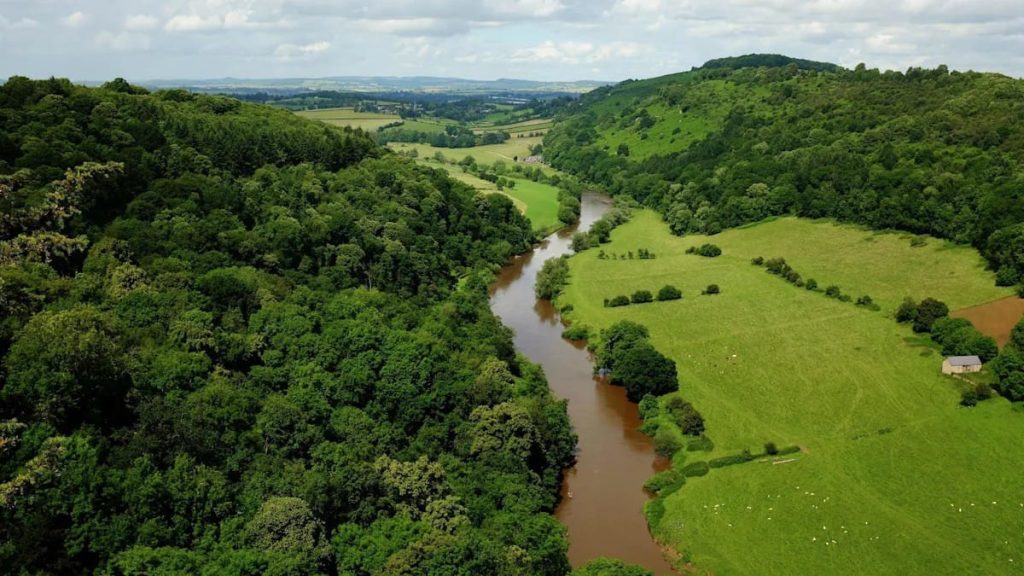By Eniola Amadu
The UK’s largest-ever legal action over environmental pollution has been filed at the High Court, with almost 4,000 people suing major poultry producers and a water company over what they describe as “extensive and widespread pollution” in three rivers called the Wye, Lugg and Usk.
The claimants argue that the worsening condition of the rivers has damaged local businesses, lowered property values and diminished public enjoyment of the countryside.
They are seeking substantial compensation and a court order requiring the companies to clean up the waterways.
The defendants namely Avara Foods Limited, Freemans of Newent Limited and Welsh Water, deny the allegations.
Celine O’Donovan, a partner at the law firm Leigh Day, said the case was unprecedented in the UK, given the number of claimants, the geographical scale of the alleged damage and the size of the compensation sought.
Those taking part in the group claim either to live or work near the affected rivers or regularly use them for recreational activities such as swimming, canoeing and fishing.
The pollution is alleged to stem from a combination of chicken manure and sewage spills, which campaigners say have choked the rivers, killing fish and other wildlife and turning once-clear waters green and slimy.
The River Wye has become a powerful symbol of Britain’s worsening water pollution crisis.
About 23 million chickens — roughly a quarter of the UK’s total poultry production — are raised within its catchment area.
The Wye runs for 155 miles from the Cambrian Mountains in mid Wales along the Welsh–English border before joining the Severn Estuary.
The River Lugg, one of the Wye’s main tributaries, flows through Herefordshire, while the River Usk winds through the Bannau Brycheiniog (Brecon Beacons) National Park and the Blaenavon Industrial Landscape World Heritage Site before reaching the Bristol Channel at Newport.
All three rivers are designated for their ecological importance, supporting rare species such as otters, freshwater pearl mussels and Atlantic salmon.
Wildlife filmmaker Justine Evans, who is acting as the lead claimant, said she had observed a “stark decline” in the Wye’s condition in recent years.
The once-clear water, she said, had become murky and slimy, altering her connection to the place she calls home. “It’s horrible to think what has happened to the wildlife it is home to,” she said.
Former Olympic swimmer Roland Lee, who moved to the area for access to open-water swimming, said he would now “warn people against going in” because of the pollution.
Another claimant, Gino Parisi from Raglan, Monmouthshire, expressed concern over the River Usk. “Having grown up around the River Usk in the 1980s, I know just how beautiful the river and surrounding area can be,” he said.
“Now the water has become mucky and cloudy, and you can see build-ups of foam in a number of spots. Not only would I feel uncomfortable going in, but I’d also have concerns for my health.”



